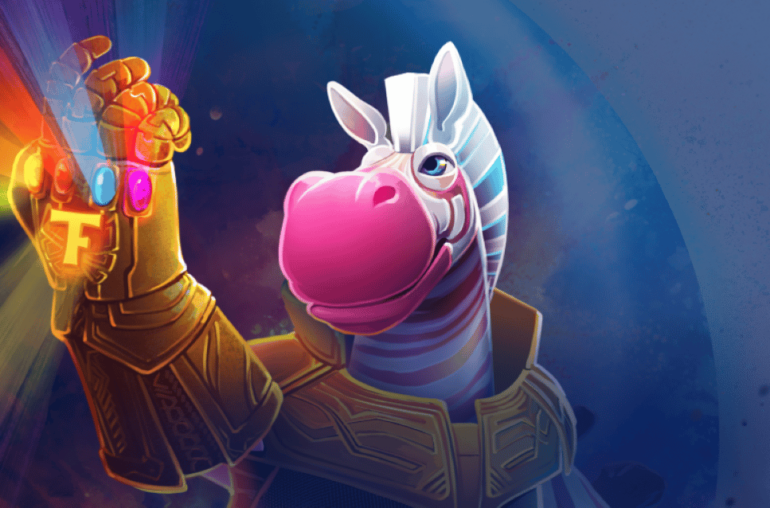Culture
The game combines NFTs, crypto, tokenomics, and smart contracts. What could possibly go wrong?
Have you ever successfully played a round of COD, Fortnite, or some other shooter and felt like your performance should have been financially rewarded? This question lies at the core of BR1, the “world’s first risk-based shooter” that utilizes the blockchain to let users earn real-world benefits from their time spent gaming.
BR1 lifts concepts from battle royale games like PUBG but instead of a diminishing map, players pay to spawn on the outskirts of a giant island, eventually making their way to the center (obstacles funnel players towards this direction) where a higher frequency of opposing players and items exist.
That’ll be $1 — Players buy into a game mode dubbed Infinite Royale for $1, and it has no start or finish time. They are then able to earn Solana tokens for every kill they get. Eliminating opposing players allows users to either capture the spawn fee or secure greater than 10 percent of the value (items, the money they’ve accumulated, etc.) their enemy had on them at the time. When players are eliminated, they still get to retain 85 percent of their earnings.
The experience is stored on the Solana blockchain and in order to play, users need to acquire an operative NFT, for now one of two types: ape and droid characters that are available for as low as 50 cents on Fractal, a gaming NFT Platform. These operatives then serve as a player’s avatar.
The gameplay itself resembles an early 2000s third-person shooter.
Who is this for? — Evan Ryer, CEO of Bravo Ready, the studio behind BR1, acknowledged in an interview with VentureBeat that the existing player pool is largely confined to “speculators and NFT buyers,” and that attracting real gamers is still something his team is working on.
Based on the footage of BR1 out there, the mechanics and overall playing experience appear stilted and a little crude. But Ryer seems to envision his project as the next evolution of poker — in a video interview with Justin Kan, co-founder of Fractal, he notes that during his years of gaming, he was always seeking some sort of real-world benefit to compensate for his efforts.
Accordingly, he describes BR1 as introducing “tangible secondary market value for the time people commit to video games.” While the subsection of crypto gamers appears to be a minority when juxtaposed with the broader gaming community, this sort of experience could translate well to streaming platforms, with people tuning in to watch essentially a more dynamic version of Texas Hold ‘Em.
However, I can’t imagine this sort of game taking off, especially because if BR1 were to explode in popularity, hackers would almost certainly enter pay-to-play matches in order to exploit others. If AAA shooters like COD and Apex Legends deal with people using aimbot and wallhacks, you can imagine a game with actual financial stakes will experience the same thing en masse.


